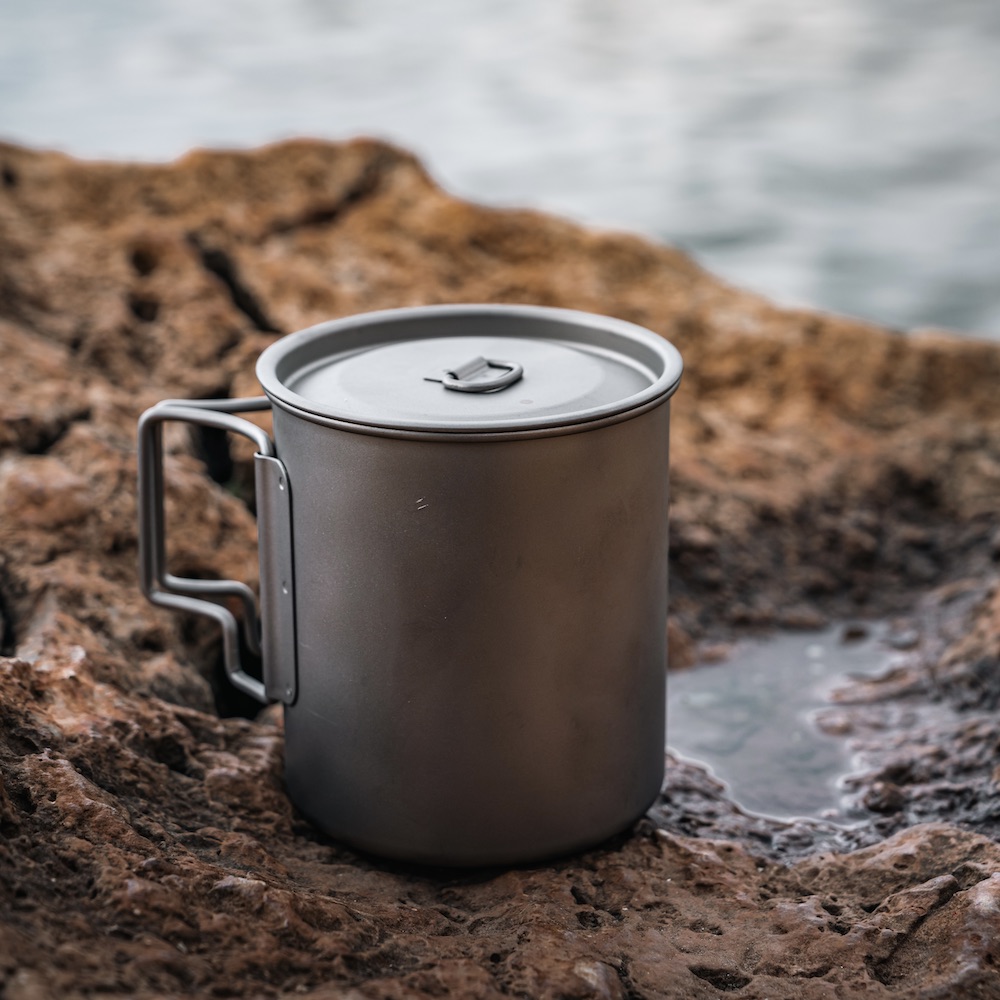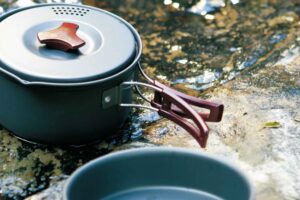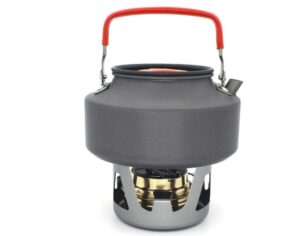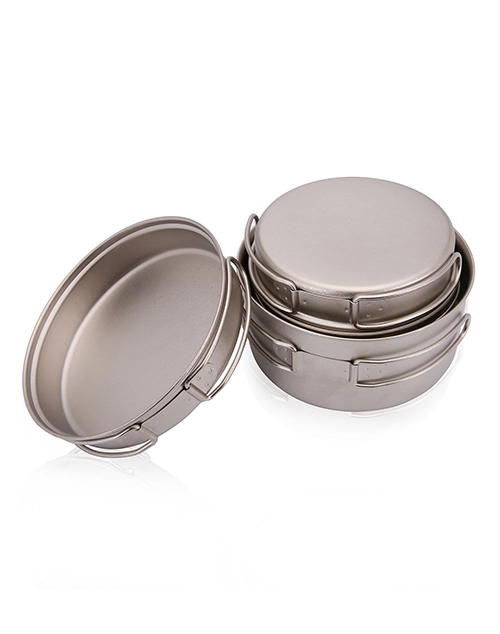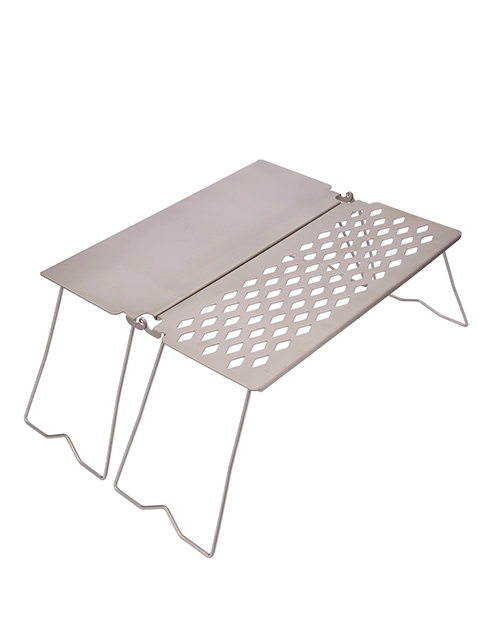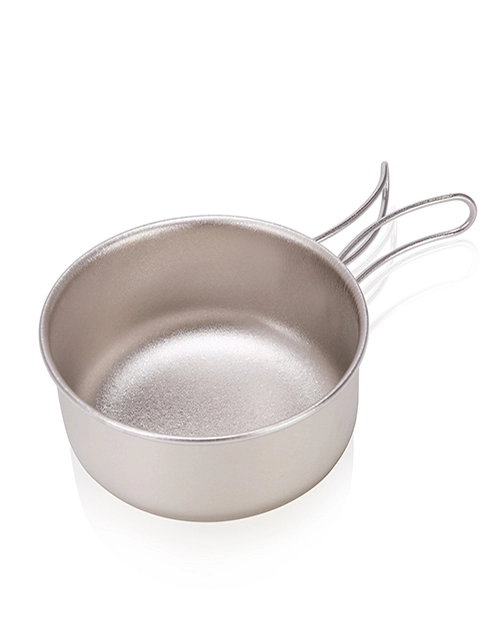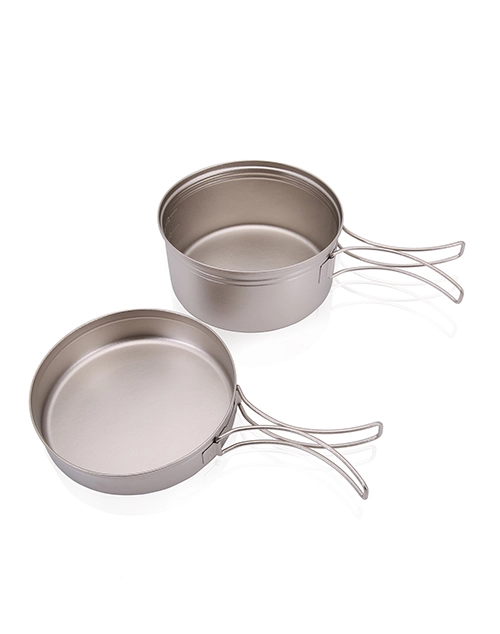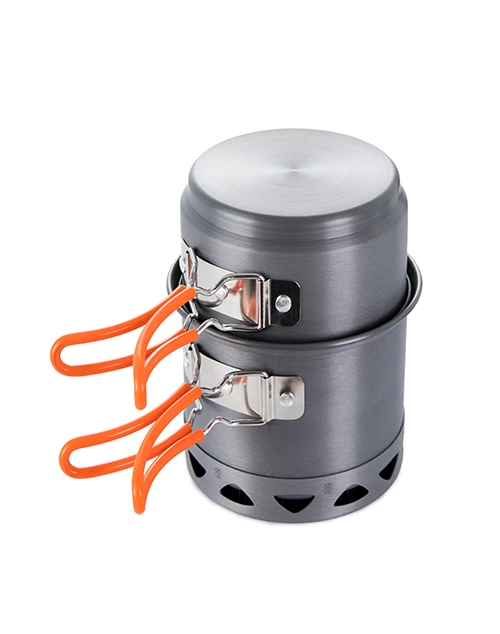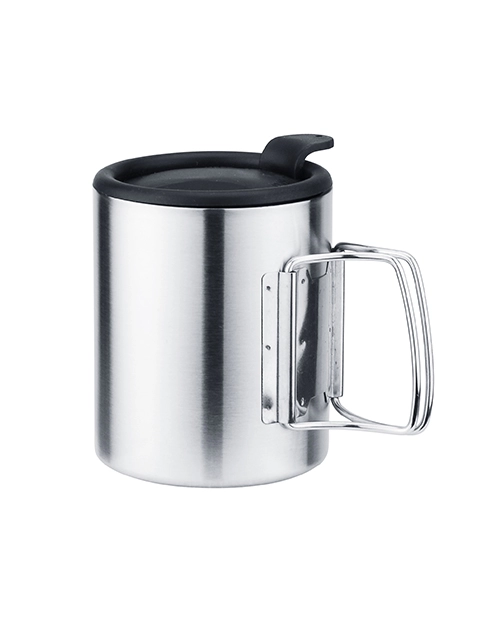In recent years, titanium cookware has become increasingly popular among backpackers, campers and regular home cooks alike. Its reputation for being extremely durable yet lightweight, as well as possessing natural nonstick properties, makes titanium an appealing choice for everything from backcountry expedition cooking to daily meal prep. However, with growing interest in titanium pots and pans, some concerns and debates around the safety of titanium cookware have emerged that are worth examining in detail. In this comprehensive article, we will take a deep dive into the pros, cons, benefits and potential risks of cooking with titanium, and compare it thoroughly with other common cookware materials like stainless steel and aluminum.
Titanium’s rise in popularity started among ultralight backpackers and hikers who wanted to pare down every single ounce of pack weight possible. The huge appeal of titanium lies in the fact that it is an incredibly strong metal that is far lighter than other cooking metals. Titanium pots and pans can weigh up to 50% less than the same volume capacity in stainless steel, making titanium cookware a no-brainer for backcountry trekkers wanting to lighten their load. This extreme strength-to-weight ratio is what put titanium on the map, to begin with.
Yet with field testing, titanium’s advantages for cooking purposes became clear beyond just weight savings. Titanium is also highly corrosion resistant which adds to its durability when cooking in outdoors. It transfers heat quickly and evenly, avoiding pesky hot spots that can lead to scorching. Clean up is easily given titanium’s natural nonstick properties that prevent food from adhering to the cooking surface. All of these characteristics make titanium highly user-friendly and convenient both in camp and home kitchens.
Benefits of Titanium Cookware:
- Durability: Titanium cookware is known for its exceptional durability. It is highly resistant to scratches, dents, and corrosion, making it a long-lasting option for your kitchen. Unlike other materials, titanium does not react with acidic or alkaline foods, ensuring the preservation of flavors and nutrients.
- Nonstick Properties: Another advantage of titanium cookware is its nonstick surface. This feature allows for easy food release and makes cleaning a breeze. With titanium cookware, you can reduce the need for excessive oil or butter, promoting healthier cooking options.
- Lightweight Design: Titanium cookware is incredibly lightweight, which makes it convenient to handle and maneuver in the kitchen. This feature is especially beneficial for professional chefs and home cooks who value ease of use and flexibility.
Titanium Cookware Pros and Cons:
Pros:
- Excellent heat distribution: Titanium cookware distributes heat evenly, ensuring that your food cooks uniformly.
- Energy-efficient: Its ability to distribute heat efficiently makes titanium cookware energy-efficient, reducing cooking time and saving energy.
- Scratch-resistant: Titanium cookware is highly resistant to scratches, maintaining its sleek appearance even after regular use.
- Non-reactive: Titanium does not react with acidic or alkaline ingredients, preventing any unwanted metallic taste in your food.
- Long-lasting: With proper care, titanium cookware can last for a long time, making it a worthy investment.
Cons:
- Expensive: Titanium cookware tends to be pricier compared to other materials such as stainless steel or aluminum.
- Limited options: The availability of titanium cookware options in the market might be limited compared to more common materials.
- Not suitable for high-heat cooking: Titanium cookware may not be ideal for high-heat cooking methods as it can lose its nonstick properties at extremely high temperatures.
Titanium vs Stainless Steel Cookware:
Stainless steel cookware is a popular choice due to its durability and versatility. Let’s compare titanium cookware with stainless steel cookware:
- Heat Conductivity: Titanium cookware offers better heat conductivity than stainless steel, ensuring more even cooking.
- Weight: Titanium cookware is significantly lighter than stainless steel, making it easier to handle.
- Nonstick Properties: Titanium cookware has superior nonstick properties, while stainless steel cookware may require additional oil or cooking spray to prevent sticking.
- Durability: Both titanium and stainless steel cookware are highly durable, but titanium is more resistant to scratches and dents.
Aluminum vs Titanium Cookware:
Aluminum cookware is known for its excellent heat conductivity, but it raises concerns due to its potential health risks. Let’s compare aluminum cookware with titanium cookware:
- Health Considerations: Aluminum cookware, especially when scratched or pitted, can leach small amounts of aluminum into food, which some studies have linked to health issues. Titanium cookware does not pose the same risks.
- Durability: Titanium cookware is more durable than aluminum cookware, which can warp or dent easily.
- Weight: Titanium cookware is lighter than aluminum cookware, offering greater convenience in the kitchen.
Titanium cookware offers numerous benefits such as durability, nonstick properties, and lightweight design. While it may be pricier and not suitable for high-heat cooking, its advantages make it an attractive option for both professional chefs and home cooks. Compared to stainless steel and aluminum cookware, titanium cookware excels in terms of heat conductivity, nonstick properties, and durability. When considering cookware options, it is important to evaluate your specific needs and preferences to make the best choice for your kitchen.
Titanium Cookware: The Ultimate Lightweight Choice
Titanium cookware is the ideal choice for camping due to its strong durability and extremely lightweight nature, making it quite popular on the market. Its weight is only a fraction of that of stainless steel, making it perfect for those who want to travel light during camping.
Titanium vs. Stainless Steel: Which is Right for You?
When choosing between these two types of cookware, it’s important to understand their features and advantages.
Titanium Cookware:
Pros: Lightweight, corrosion-resistant, excellent non-stick properties, high-temperature resistance.
Cons: Higher cost, less versatile compared to stainless steel cookware.
Stainless Steel Cookware:
Pros: Durable, versatile, relatively lower price, easy to maintain.
Cons: Heavier, often requires additional coatings for non-stick properties, may require more cleaning and maintenance.
FAQs:
1. Is titanium cookware safe for cooking at high temperatures?
Answer: Yes, titanium cookware is safe for cooking at high temperatures. Titanium has a high heat tolerance and can withstand very high cooking temperatures without releasing harmful fumes or degrading the material.
2. Does titanium cookware contain any harmful chemicals?
Answer: Titanium cookware itself is free from harmful chemicals. However, some titanium cookware has non-stick coatings that might contain chemicals like PTFE or PFOA. It’s important to choose high-quality titanium cookware that is free from these harmful substances.
3. Are there any health risks associated with using titanium cookware?
Answer: No, titanium cookware is generally considered safe for health. Titanium is non-reactive and does not leach into food, making it a safe choice for cooking. However, it’s crucial to ensure that the cookware’s coating, if any, is free from toxic chemicals.
4. Can titanium cookware cause allergies or reactions?
Answer: Titanium itself is highly biocompatible and is unlikely to cause allergic reactions or sensitivities. However, if the cookware has additional coatings or materials, it’s important to check those for potential allergens.
5. How should I care for titanium cookware to ensure safety?
Answer: To maintain safety and longevity, avoid using metal utensils that can scratch the surface, and follow the manufacturer’s cleaning instructions. Use gentle cleaning agents and non-abrasive sponges to preserve the cookware’s integrity.
Titanium Cookware Health Risks
ODM service
Looking for reliable wholesale outdoor equipment? At Deermaple, we specialize in ODM service, offering high-quality and innovative titanium cookware tailored to your needs.
If you are interested in outdoor gear wholesale, please contact us.

